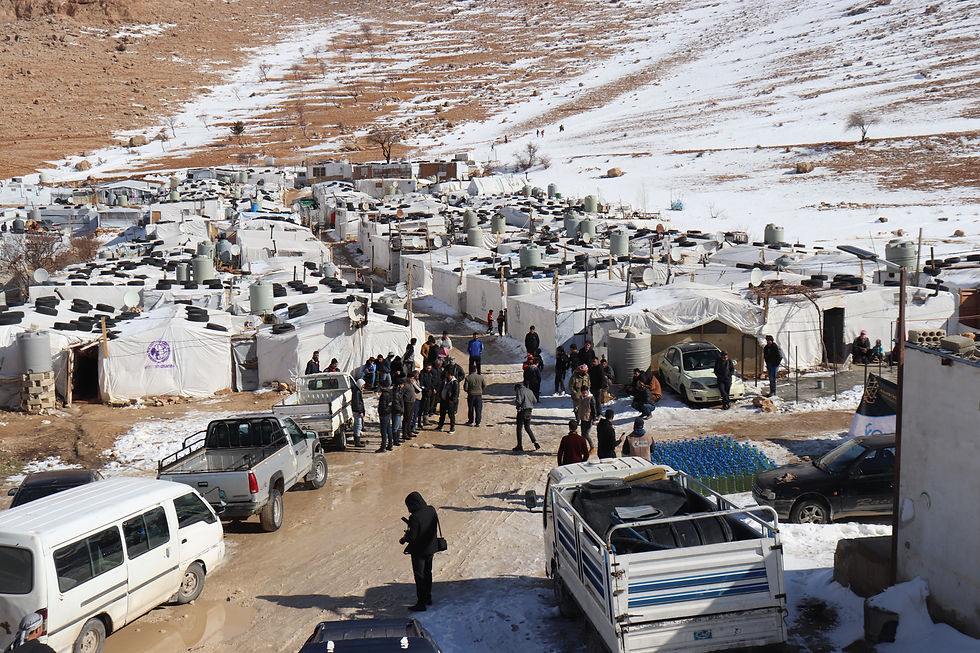Lives Stolen by Poverty and Climate Change
- Tengku Nazihah
- Sep 1, 2022
- 2 min read

The connection between climate change and poverty is undeniably clear. Climate impacts are already happening, affecting countries and communities around the world.
And it is a deeply unfair one - the poorest people in the world contribute the least to climate change, but are hit hardest by the impacts of climate change. Statistics show that 74 of the world’s poorest countries account for less than one tenth of global greenhouse gas emissions.
Why are these countries - who are already in dire need of our help - suffering even more?

According to reports, climate change could push up to 130 million people into poverty over the next decade, and push more than 200 million people to migrate within their own countries by 2050 - if the climate crisis is left unaddressed.
"Climate change and global poverty are two sides of the same coin. Both challenges must be addressed together. If we fail on one, we will also fail on the other.” - Professor Nicholas Stern, Chairman of the Grantham Research Institute on Climate Change and the Environment.
Climate change mounts over all countries, resulting in severe droughts, blistering heat waves and devastating floods. When these consequences are felt unevenly in the world, they threaten the most vulnerable populations.
It is a global crisis that affects everything and everyone - from where a person lives, to their access to health care, and what resources they have. As environmental conditions worsen, millions of people could be further plunged into poverty.

One devastating example is the case of Pakistan.
The country had already been struggling when the disastrous monsoon rains hit. Now, it’s shaken by one of the worst floods they have experienced.
Though the country does experience some degree of flooding during its monsoon season, the intensity of the rainfall in August was “780 percent above average.”
One-third of Pakistan is submerged after experiencing the heaviest rains on record, with torrents of water sweeping away entire villages.
According to data by the European Union, Pakistan is responsible for less than 1% of the world’s planet-warming gases - yet it is the 8th most-vulnerable nation to the climate crisis.
Though there are other reasons as to how situations have gotten to the point that it has, it is likely that climate change has contributed largely to the scale of the disaster in Pakistan.

Right now, victims in Pakistan are in crucial need of emergency aid. These victims have lost everything - their loved ones, homes and their livelihoods. Many children are at risk of contracting water-borne diseases and are fighting to survive. Together with our partners on the ground, we are preparing to respond to the crisis in the worst-hit areas of Pakistan through our Pakistan Emergency Flood Appeal.
Your generous contributions will play a tremendous role in saving their lives by providing emergency food, clean water and medical care.

Comments